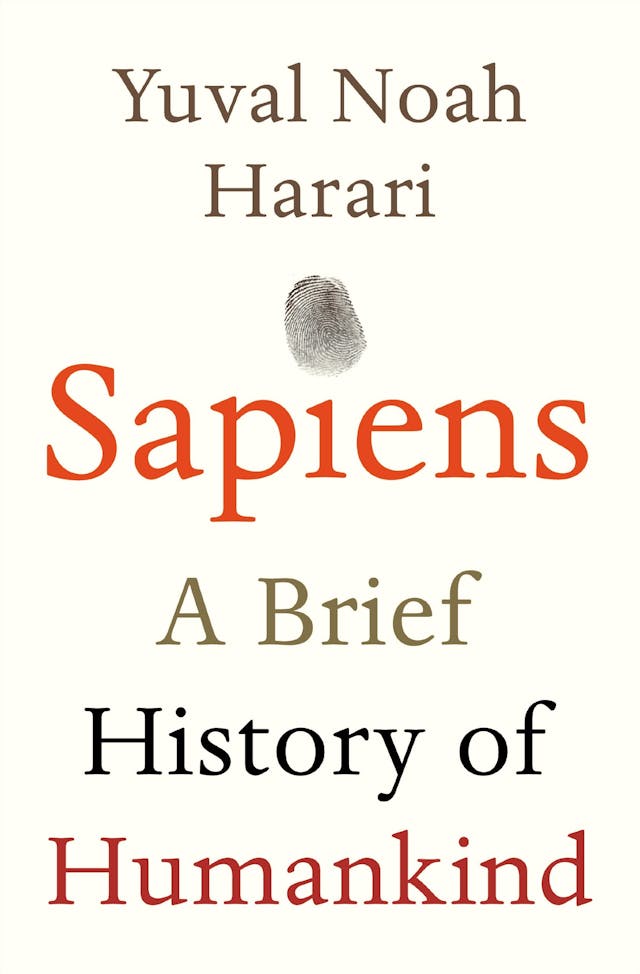Sapiens: A Brief History of Humankind Summary
Key Takeaways
- Humans have dominated the planet through the cognitive revolution, which allowed unprecedented communication and organization.
- The agricultural revolution led to societal changes, shifting humans from foraging to farming, significantly impacting our diet and social structures.
- The development of complex societies required myths, religions, and shared beliefs to maintain order and cooperation.
- The scientific revolution sparked exponential technological and political changes, influencing everything from economies to ecosystems.
- Understanding our past gives us insight into today’s societal structures and may guide future decisions for humanity.
🌿 ReflectBay
Overthinking again?
You're not too much. You're just overwhelmed and it's okay. We help you untangle the noise and feel calmer.
We'll help you...
Summary
Yuval Noah Harari’s 'Sapiens' takes readers on a sweeping journey through the history of humankind, starting from the emergence of Homo sapiens in Africa to our current dominance of the planet. The book is structured around three major revolutions that have shaped our society: the Cognitive, Agricultural, and Scientific revolutions.
Harari challenges conventional historical narratives and explores how our capacity for belief, storytelling, and collective imagination has shaped civilizations. He examines how myths, money, and machine technology have built and altered social orders and moral systems.
A key focus of the book is the exploration of human happiness and suffering throughout history, questioning whether we are better off now than in past eras. Harari uses anthropological, psychological, and philosophical analysis to explore these themes.
‘Sapiens’ is not just a historical overview but a discussion starter on ethics, sustainability, and our future as a species. The book encourages readers to think about the paths we’ve taken and those we’re yet to choose, providing profound insight into what it means to be human in a rapidly changing world.
Also recommended

A Short History of Nearly Everything
Bill Bryson
The Immortal Life of Henrietta Lacks
Rebecca Skloot
